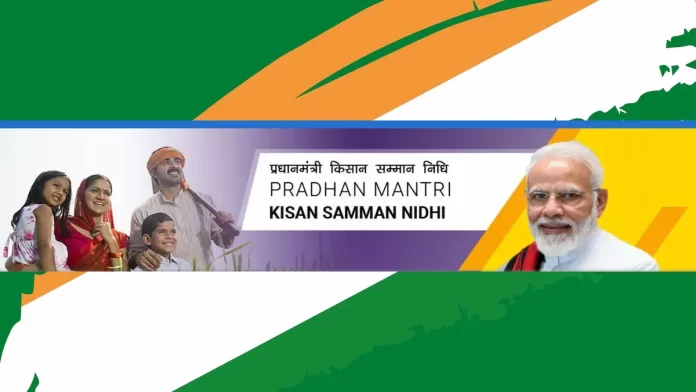The Government of India operates through various ministries, each responsible for specific sectors and aspects of governance.
These ministries play a crucial role in formulating policies, implementing programs, and driving development across the country.
Here is an overview of some major ministries and their flagship schemes and development programs:
Ministry of Finance
- Pradhan Mantri Jan Dhan Yojana (PMJDY): A financial inclusion program aiming to provide banking services to all households, especially the underprivileged.
- Goods and Services Tax (GST): The introduction of a unified indirect tax system to simplify taxation and promote economic growth.
Ministry of Rural Development
- Mahatma Gandhi National Rural Employment Guarantee Act (MGNREGA): A social security measure that guarantees 100 days of wage employment per year to rural households.
- Pradhan Mantri Awas Yojana (PMAY): A housing initiative with the goal of providing affordable housing to all by 2022.
Ministry of Agriculture and Farmers Welfare
- Pradhan Mantri Kisan Samman Nidhi (PM-KISAN): Direct income support to small and marginal farmers to ensure financial stability.
- National Mission for Sustainable Agriculture (NMSA): Promoting sustainable agriculture practices to enhance productivity and resilience.
Ministry of Health and Family Welfare
- Ayushman Bharat Pradhan Mantri Jan Arogya Yojana (AB-PMJAY): Aims to provide health coverage to over 100 million poor and vulnerable families.
- National Health Mission (NHM): Works towards improving healthcare delivery in rural areas.
Ministry of Human Resource Development (Now Ministry of Education)
- Sarva Shiksha Abhiyan (SSA): A program for universalization of elementary education.
- National Skill Development Mission (NSDM): Focuses on skill development to enhance employability.
Ministry of Women and Child Development
- Beti Bachao, Beti Padhao (BBBP): An initiative to address the declining child sex ratio and promote the education of the girl child.
- Integrated Child Development Services (ICDS): Aims to improve the health and nutrition of children in the age group of 0-6 years.
Ministry of Urban Development (Now Ministry of Housing and Urban Affairs)
- Smart Cities Mission: Aims to develop 100 smart cities with a focus on sustainability and quality of life.
- Swachh Bharat Mission (Urban): A nationwide campaign for cleanliness and sanitation in urban areas.
Ministry of Electronics and Information Technology
- Digital India: A flagship program to transform India into a digitally empowered society and knowledge economy.
- Pradhan Mantri Gramin Digital Saksharta Abhiyan (PMGDISHA): Aims to make six crore rural households digitally literate.
Ministry of Tribal Affairs
- Pradhan Mantri Van Dhan Yojana (PMVDY): A scheme that aims to improve tribal livelihoods by promoting value addition and marketing of forest produce.
- Eklavya Model Residential Schools (EMRS): Focuses on providing quality education to tribal children, enhancing their skills, and preserving tribal culture.
- Special Central Assistance to Tribal Sub-Scheme (SCA to TSS): Financial support for infrastructure development in tribal areas, contributing to their overall socio-economic development.
- Tribal Cooperative Marketing Development Federation of India (TRIFED): While not a specific scheme, TRIFED, under the Ministry of Tribal Affairs, works towards promoting tribal handicrafts and ensuring fair economic returns for tribal artisans.
Conclusion
These ministries and their respective schemes reflect the multifaceted approach of the Government of India towards inclusive development, covering areas such as finance, agriculture, health, education, women and child welfare, rural and urban development, and digital empowerment.
Effective implementation of these programs is crucial for achieving sustainable and equitable growth across the nation.
